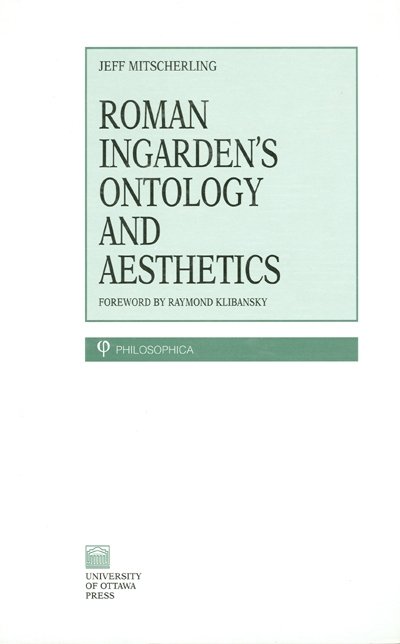The Elective Mind
Philosophy and the Undergraduate Degree
The Elective Mind discusses the relevance of philosophy courses within the undergraduate curriculum as integral to the self-formation that is at the heart of a liberal education. The objective is to provide a historically layered view of what it can still mean to study for its own sake.
The elective university classroom is important because the course of study is chosen out of personal interest and enthusiasm, as opposed to being primarily governed by predetermined disciplinary objectives. It engages the student’s mind directly and freely, and counters the overly specialized minds favoured by the contemporary university as well as the commodification of its degrees.
The discussion builds on the distinction put forward by Raymond Williams between a dominant culture (in this case, university study as contributing to research and/or marketable degrees) and alternative and/or oppositional cultures that have both residual and emergent dimensions. The elective stream of university study is treated as alternative and oppositional to the dominant culture.
The elective university classroom is examined as a combination of a classroom, students, texts, and professors. Each element is explored in terms of its alternative/residual significance as illustrated through the history of philosophy: the classroom and students through the life and death of Socrates; texts through the origins of the university in medieval scholasticism; the professor in the Humboldtian reform of the university at the beginning of the nineteenth century in Berlin.
Réal Fillion has taught philosophy for almost 30 years and is Professor in the Department of Philosophy at the University of Sudbury, part of the Laurentian University Federation. He is the author of Multicultural Dynamics and the Ends of History: Exploring Kant, Hegel, and Marx and Foucault and the Indefinite Work of Freedom, both also published by the University of Ottawa Press.


